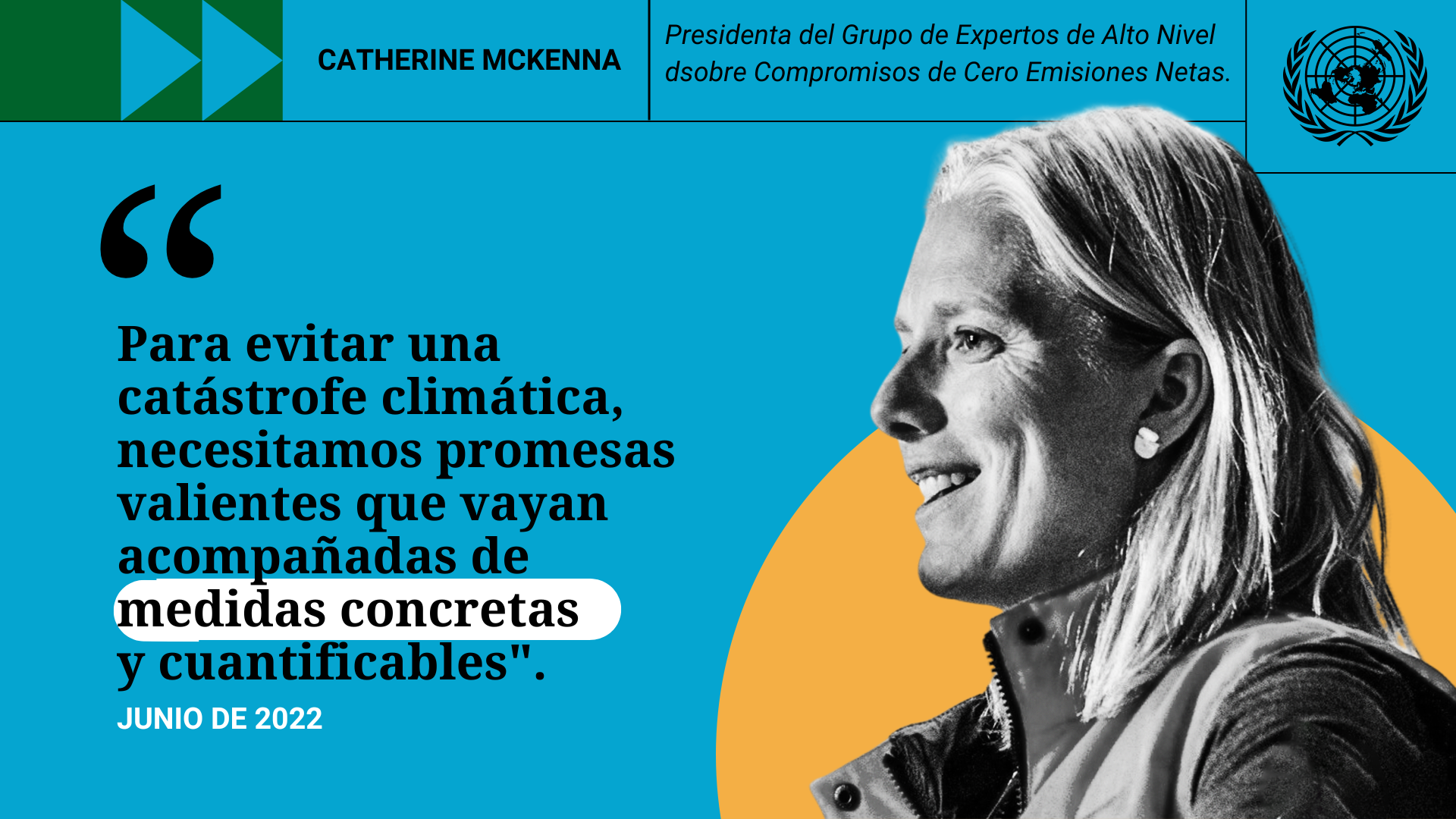What does Greenwashing mean?

Nowadays, the term Sustainability has become fashionable, however, many companies and individuals have adopted it to boast about supposed achievements or practices in this area to gain a commercial advantage, but sadly the reality is that it is only false information or Greenwashing.
During the time in which I have had the opportunity, an opportunity that @AVIXA Xchange and @SAVe | Sustainability in AV have given me, to share with the AV community information about sustainability in our industry, one of the objectives that I have sought is to raise awareness among all of you, leaders and active members of this wonderful industry, about the importance of starting as soon as possible a path to contribute to making our industry an example of how to change the course that we have in front of us in terms of sustainability.
It has been a path full of surprises, of finding people and organizations that are willing or are giving part of their efforts and resources to fight this war that belongs to everyone and that should concern us all, known as Climate Change.
To continue in this sense, I have prepared this article in which I will address and try to explain the concept of Greenwashing.
According to the Climate Consulting firm, “Greenwashing consists of orienting the marketing image of an organization or a company towards an ecological positioning while its actions go against the environment. This "green communication" does not always mean that the company is more respectful of the environment or that it has made an environmental commitment. Thus, Greenwashing is defined as abusive and misleading communication.” [1]
Unfortunately, this practice does nothing to help confront the problem of climate change. Companies that use this deceptive practice try to convince their public that their environmental impact measures are greater than those they carry out, if they do so at all, and consequently they divert attention and, more seriously, they do not allow for concrete and credible measures to be taken.
Let's say that it is the equivalent of money laundering, it is greenwashing, because the planet and all of us who inhabit it are at risk of surviving in the future if we do not act in a real and conscious way to stop the impacts of climate change.
Some examples of how these practices are used by companies can be:
- Claiming that they are on the way to reducing pollutant emissions to zero, when there is no real plan.
- A company being deliberately ambiguous or not very specific about its operations and the materials it uses in them.
- Presenting reports that are difficult to understand and with bombastic terms to confuse public opinion.
- Using intentionally misleading labels, such as "green" or "environmentally friendly" that are not supported by sustainability standards.
- A company saying that a slight improvement has a great impact or selling products that comply with minimum regulations as if it were much higher than what is required by the standard.
- Emphasizing a single environmental attribute and ignoring other more important impacts.
- Reporting sustainable attributes of a product without referring to the activities that the company carries out to manufacture said item and that can sometimes be harmful to the environment.
The UN warns that the practice of “Greenwashing” does nothing to help the fight against climate change and instead affects and confuses the public and consumers to adopt responsible practices focused on sustainability.
“The science is clear: Emissions of greenhouse gases, such as carbon and methane, derived from human activity surround the Earth in a blanket of pollution that has warmed the planet and has had serious consequences, such as more intense storms, droughts, floods, and forest fires.
To contain climate change and preserve a habitable planet, emissions must be cut by almost half by 2030, and to zero by 2050. Every fraction of a degree of global warming matters, and as the former chair of the High-Level Panel of Experts on Net-Zero Commitments by Non-State Entities said: “the planet cannot afford delays, excuses or more greenwashing.”
Greenwashing undermines credible efforts to reduce emissions and tackle the climate crisis. Greenwashing deceives consumers, investors and the public through misleading marketing techniques and false sustainability claims, undermining the trust, ambition and action needed to achieve global change and ensure the sustainability of the planet.” [2]

As part of the follow-up we want to do on this topic and to provide a tool to the AV industry, I propose to prepare some quick reports based on the ESG (Environmental, Social and Governance report) of some of the most recognized brands and with this we can know what they are doing in terms of sustainability, judging if it is Greenwashing will depend on each one of us, it is not in my interest to lean towards any of them, I simply try to offer tools that help us establish a better criterion.
In the industry we are different actors, but as regards integrators, who are between manufacturers and end users, it is up to us to have a shared responsibility and strive to be more and more sustainable, my next collaborations will aim to offer alternatives so that we can avoid being victims of Greenwashing, the basic guide is:
- Inform us: As advisors and ultimately consumers, we must be well aware of the tactics used in Greenwashing and above all know which brands and products are really sustainable in order to make a better choice.
- Invest and spend wisely: whenever possible, let's research and choose products from companies that use resources responsibly and are open and transparent about their commitment to sustainability. A good start is to check if the company is aligned with the 2030 SDGs established by the UN.
- Think about the life cycle of a product: when evaluating products, we must do so from its manufacture, the materials it uses, where it will end up at the end of its life, the way it is transported, etc. We must choose to design sustainable projects and establish programs such as “A second life” to extend the life cycle of AV products.
- Let's demand transparency and responsibility: it is difficult to evaluate companies ourselves, because many times the criteria can be ambiguous, or we can face false information. The UN establishes a series of standards and criteria of credibility that help us evaluate and then be able to demand from our business partners.
Let's continue moving forward and begin the path towards sustainability, with clear information, having well-defined criteria we can make better decisions.
Notes:
-
Caballero, A (11 Sept. 2023) Greenwashing: definition and examples. https://climate.selectra.com/es/que-es/Greenwashing
-
Greenwashing – the deceptive tactics behind environmental claims. Available at: https://www.un.org/en/climatechange/science/climate-issues/Greenwashing
-
Xchange Advocates are recognized AV/IT industry thought leaders and influencers. We invite you to connect with them and follow their activity across the community as they offer valuable insights and expertise while advocating for and building awareness of the AV industry.
Recommended Content
Drone Shows and Brands – When Stories and Emotions Learn to Fly

Creating the Next Generation AV Workforce: From Audio Engineers to Solution Designers




Please sign in or register for FREE
If you are a registered user on AVIXA Xchange, please sign in